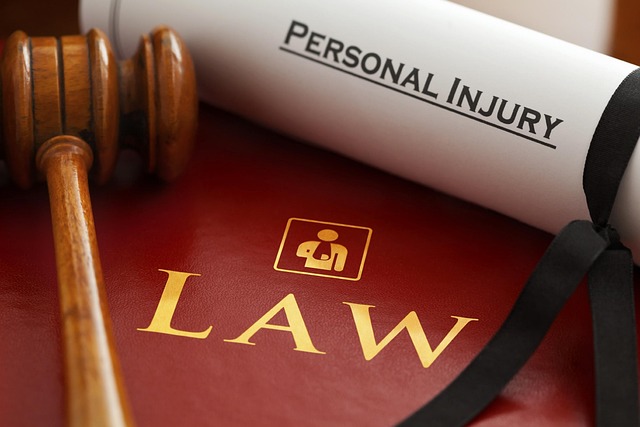The meticulous process of uncovering insights through evidence is crucial for successful criminal investigations and establishing criminal intent. Skilled investigators gather, analyze, and present compelling evidence from facts, documents, and tangible proof to link suspects to crimes. This is vital for clients to prove innocence, avoid charges or indictment, and ensure fairness in complex corporate or white-collar crime cases. Strategically collected evidence strengthens prosecution cases and acts as a deterrent to future misconduct.
In today’s complex business landscape, C-level investigations are crucial for uncovering insights and ensuring corporate integrity. This article delves into the evidentiary process, exploring how legal frameworks facilitate the proof of criminal intent. We discuss the strategic use of evidence for impact and prevention, emphasizing the role of evidence in establishing criminal intent. By understanding these key aspects, organizations can navigate investigations effectively and fortify their defenses.
- Uncovering Insights: The Evidentiary Process
- Legal Framework: Proving Criminal Intent
- Impact and Prevention: Using Evidence Strategically
Uncovering Insights: The Evidentiary Process

Uncovering insights through evidence is a meticulous process that forms the backbone of any successful criminal investigation. It involves sifting through facts, documents, and tangible proof to build a compelling narrative that establishes criminal intent. The role of evidence in determining liability cannot be overstated; it acts as the linchpin, connecting suspects to alleged crimes and providing the necessary links for prosecutors.
For his clients, this evidentiary process is crucial not just for demonstrating innocence but also for achieving complete dismissal of all charges or avoiding indictment. Skilled investigators employ a range of techniques to gather, analyze, and present evidence in a structured manner, ensuring it stands up to legal scrutiny. This meticulous approach enables them to navigate complex cases, unravel false leads, and ultimately protect the rights of their clients.
Legal Framework: Proving Criminal Intent

In C-Level investigations launched to probe potential criminal activities, proving criminal intent is a cornerstone of any successful prosecution. The legal framework surrounding this aspect relies heavily on the role of evidence in establishing guilt or innocence. Prosecutors must demonstrate that the accused individual or entity had a specific intent to commit the crime, often referred to as mens rea. This involves presenting compelling facts and circumstances that show an understanding and willingness to engage in illegal actions.
The process demands a thorough examination of all available evidence, including financial records, communications, and witness testimonies, among others. The role of evidence in establishing criminal intent is pivotal; it must be relevant, admissible, and sufficient to convince a judge or jury beyond a reasonable doubt. Achieving extraordinary results in these investigations often hinges on the ability to unearth and interpret this critical evidence, which can lead to either a complete dismissal of all charges or a strong defense that mitigates punishment for corporate and individual clients alike.
Impact and Prevention: Using Evidence Strategically

The role of evidence is pivotal in establishing criminal intent during C-Level investigations. Strategically using evidence throughout all stages of the investigative and enforcement process can significantly impact outcomes for clients involved in general criminal defense cases. It serves as a cornerstone in building strong, compelling cases that lead to just verdicts.
By meticulously collecting, analyzing, and presenting relevant evidence, investigators and attorneys can ensure fairness and accuracy. This is particularly crucial when navigating complex corporate or white-collar crimes where intent may be difficult to ascertain. Effective use of evidence not only strengthens the prosecution’s case but also serves as a deterrent, discouraging future misconduct by demonstrating the potential consequences of criminal behavior.
C-level investigations demand a comprehensive approach, leveraging the evidentiary process as a powerful tool. By understanding the legal framework and the strategic use of evidence, organizations can effectively navigate complex matters. The role of evidence in establishing criminal intent is pivotal, ensuring accountability and driving preventive measures. Through meticulous investigation techniques, businesses can uncover insights, uphold justice, and mitigate risks for a safer tomorrow.






